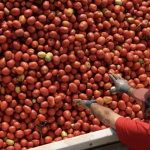Fonterra Farmers to Receive Financial Incentives for Climate Efforts
Added 11 months ago
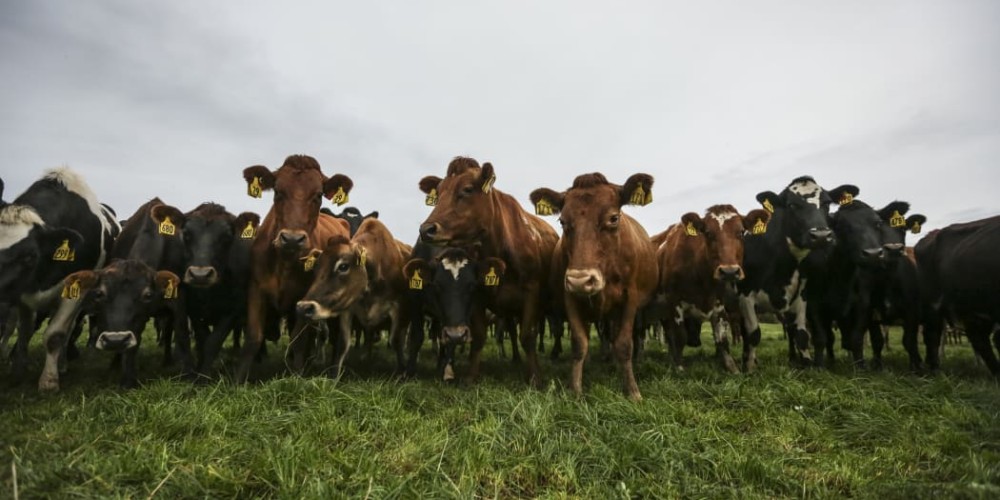
Starting June 1, Fonterra dairy farmers will have the opportunity to earn additional income for their climate-friendly practices. The dairy cooperative has announced payments ranging from 1 to 5 cents per kilogram of milk solids for farms that meet specific climate criteria, with higher payments available for select farms.
Based on last season's data, Fonterra estimates that over 5,000 farms will qualify for the bonus in the upcoming season. The eligibility criteria consider emissions from cow feed, fertiliser, livestock, and drained peat soils, while also accounting for carbon removal through trees and vegetation. To receive a payment, farms must demonstrate emissions lower than Fonterra’s 2017/2018 baseline.
An even greater incentive of 10 to 25 cents per kilogram is available for an estimated 300 to 350 farms that have reduced emissions by approximately 30% below the industry average. This higher-tier payment is funded by corporate partners Mars and Nestlé, which are collaborating with Fonterra to reduce supply-chain emissions as part of their climate commitments.
Fonterra’s Director of Sustainability, Charlotte Rutherford, stated that around 80% of the cooperative’s farmers will qualify for the climate bonus. She explained that lower-tier payments (1 to 5 cents per kilo) will be tied to efficiency improvements in feeding and genetics, supporting Fonterra’s target to reduce emissions by 7% through efficiency gains by 2030.
"We have been tracking each farmer’s emissions annually and providing them with feedback," said Rutherford. "Farmers already have an understanding of their previous performance and will see how they fare next season when the incentives take effect."
To access higher payments of 10 to 15 cents per kilogram, farmers may need to adopt new products such as methane-reducing supplements. Emerging technologies, like methane inhibitors, are expected to contribute an additional 7% reduction in Fonterra’s emissions by 2030, complementing efficiency improvements for an overall target of a 30% reduction. Further emissions reductions are anticipated from reduced deforestation linked to dairy expansion.
Mars and Nestlé’s contributions will support 300 to 350 farms in achieving these top-tier reductions. Additional funding will also be available through Fonterra to help farmers enhance genetics or trial new emissions-reducing technologies, such as methane-cutting additives for effluent ponds.
During a recent webinar announcing the climate payments, farmers raised key questions about the initiative, including what would happen if more than 350 farms qualified for the highest tier and why Fonterra needed to align with customer-driven climate standards. "It was a well-attended session with plenty of discussion," said Rutherford. "We will be meeting with farmers this week to go over the details."
Fonterra farmers can already earn up to 10 cents per kilogram of milk solids for meeting other sustainability criteria, and the new climate payments will be in addition to those incentives. Additionally, approximately 87% of Fonterra farmers will have access to services aimed at improving herd efficiency through genetics, which can further help lower emissions.
The cooperative has set a target to reduce emissions per kilogram of milk solids by 30% from 2018 levels by 2030. This goal is essential to maintaining market competitiveness, meeting customer expectations, and complying with evolving regulatory requirements. While dairy remains New Zealand’s highest-emitting sector, the current government has postponed pricing farming emissions until at least 2030. Nevertheless, pressure from international dairy customers is expected to drive emissions reductions, although the Ministry for Primary Industries has yet to quantify the potential impact.
Join the conversation
Be the first to leave a comment.
Leave a comment
All comments are reviewed before they are published on the website. Your email address will not be published.
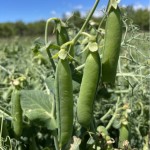
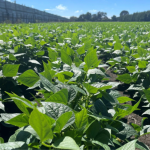
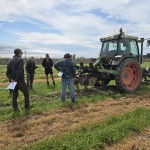
Community Engagement and Knowledge Sharing Strengthen the Carbon Positive Project
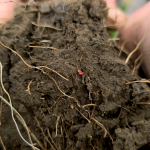

Farewell to Trustee Phil Schofield – A Foundational Leader of the HBFFCT
